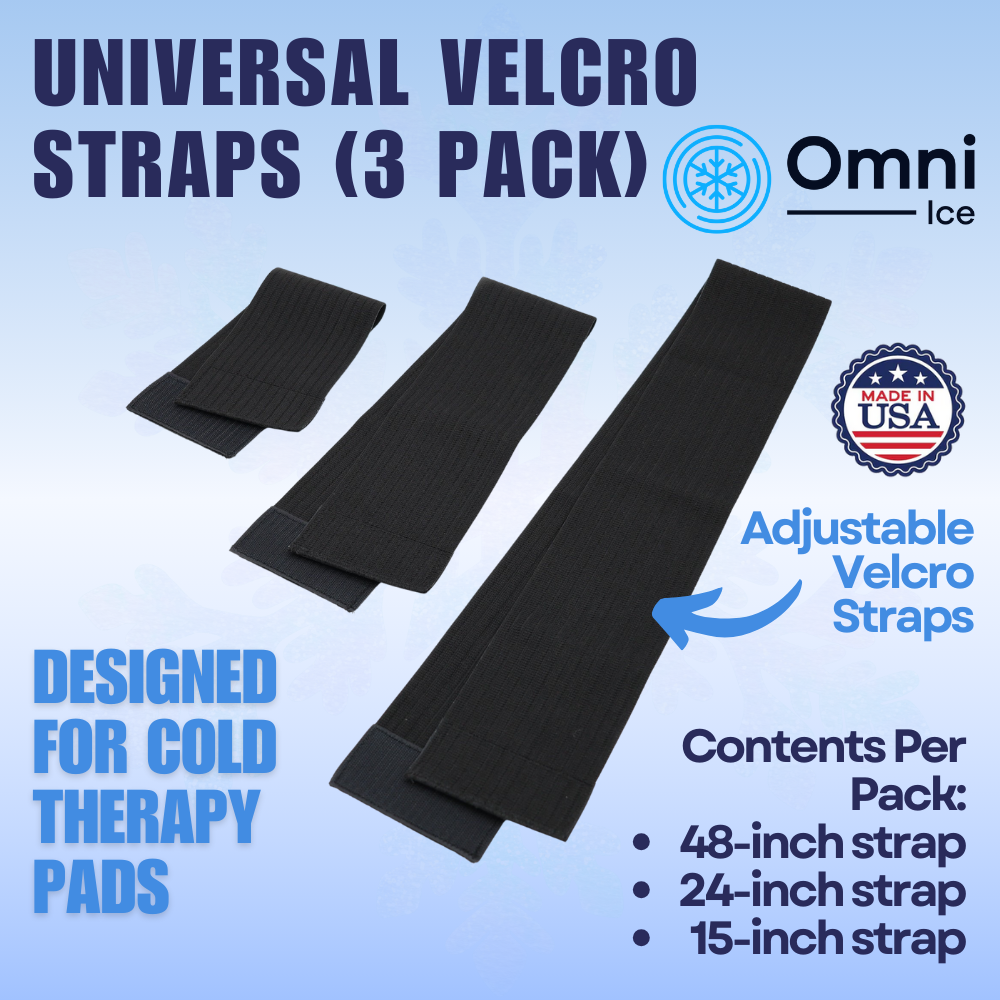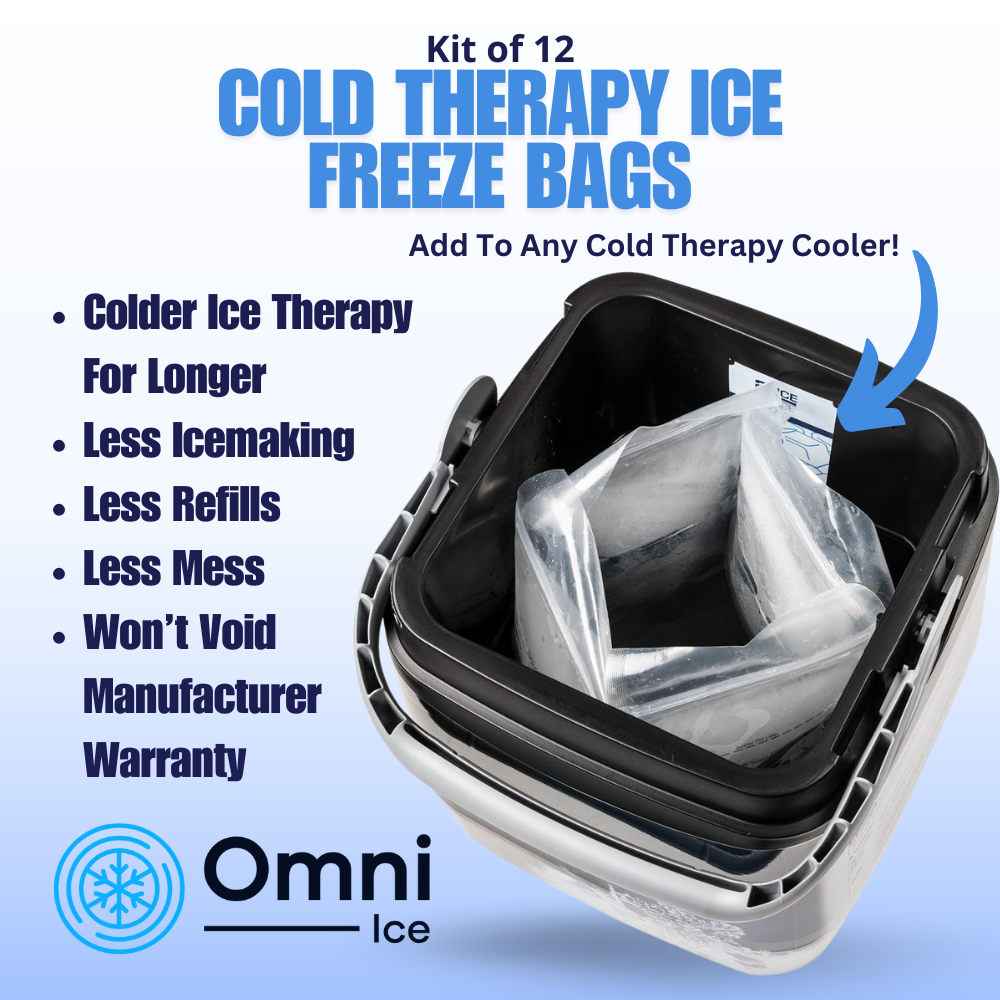Why Use Cold to Help Healing in Rehabilitation?
For centuries, medical doctors have been using ice as the primary remedy for treating soft tissue injuries and post-surgery inflammations. It’s also prevalent to see athletes submerging their muscles in ice water after a match or an intense training session. To some people, this treatment concept might seem crazy, but there is a science behind it. Also known as cryotherapy, cold therapy is a healing procedure that involves exposing your body to extreme cold temperatures for a specific length of time.

The cold temperature reduces blood flow to the targeted area for a few minutes, lessening inflammation, swelling, and nerve activity. Consequently, the pain around your tendons, muscles, and joints is relieved completely. Today, medical doctors use cold therapy systems to treat patients recovering from serious muscle injuries or surgery. In this article, we discuss how this cold therapy helps to heal in rehabilitation.
Numbing Nerve Endings
When the extremely cold temperature is directed to a specific part of your body, it numbs the injured nerve endings’ sensitivity, reducing the amount of pain you feel. This type of therapy slows down communication between the injured part and your brain, causing less discomfort.
Slowing Down Cellular Metabolism
Apart from slowing down communication between the body and the brain, cold therapy also decelerates your body’s overall cellular activity, thus delaying cells’ normal death cycle. The deceleration of your cellular metabolic activity also prolongs the life of your cells, minimizing the extent of repair needed in your injured body parts.
Reduces Swelling and Pain
Studies have shown that cold therapy reduces swelling, inflammation, and pain, allowing your body to heal and recover faster. When cold temperatures are used together with active compression, they improve blood flow and decrease swelling, pain, and muscle spasms. This results in a faster and more comfortable recovery.
Boosts Immune System
A recent study by Dutch scientists showed that cold therapy helps to stimulate a person’s immune system. Bodies of people who practiced cold water therapy were found to produce more anti-inflammatory chemicals in response to injuries and infections. The study also showed that cold therapy helps the body build up stress resistance.
Although cold therapy helps accelerate healing and recovery, it can easily affect your blood pressure, blood flow, and heart rate. That’s why you need to seek advice from a medical expert on how to use a cold therapy system at home.








